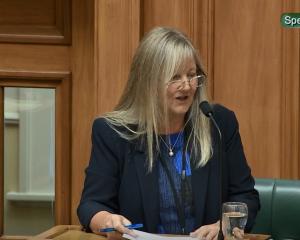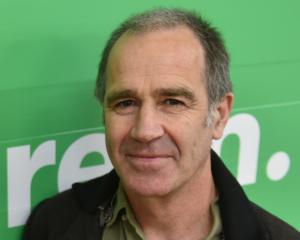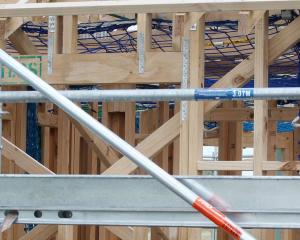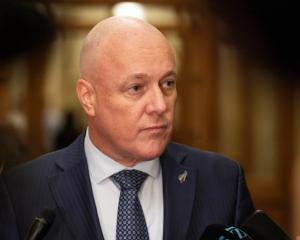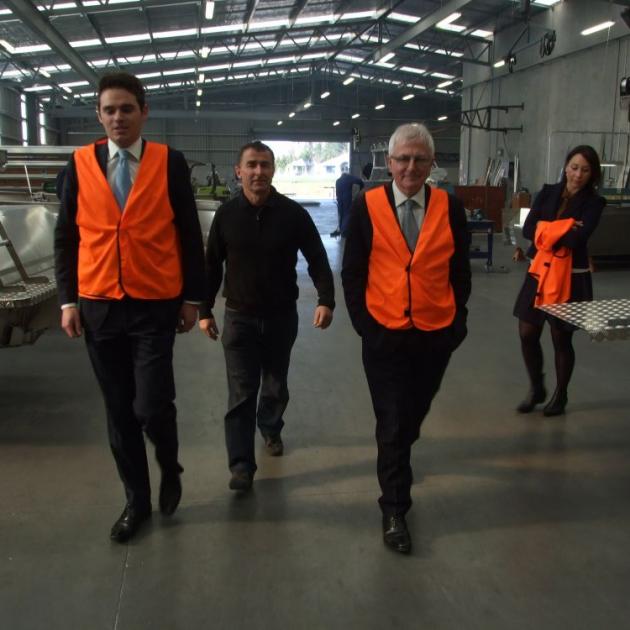
Trade Minister Tim Groser is promising transparency over the controversial Trans-Pacific Partnership, a proposed regional free trade agreement that is being negotiated by 12 countries throughout the Asia-Pacific region.
Despite understanding New Zealanders' concerns over the lack of public information in negotiations for the TPP, Mr Groser said the negotiations themselves were delicate.
''To do anything delicate requires discretion.
''If we had sent out some of the earlier drafts, New Zealanders would have thought 'This is completely unacceptable' and I would be in the ridiculous position of saying `Yes, and that's why we negotiate, because I'm not going to agree to this ridiculous position'.''
And while he expressed sympathy for those in New Zealand concerned over the talks being conducted behind closed doors, he said transparency would be achieved at the parliamentary level.
''We will have to present the whole show with all the details and appendices and all the technical explanations to the New Zealand Parliament,'' he said.
''It will then be subject to a massive political debate and we have to work that through in a democratic way.''
Mr Groser was in Otago to support National's Southland-Clutha candidate Todd Barclay in the historically National-safe electorate.
A strengthened US economy would benefit New Zealand exporters as the New Zealand dollar would fall to a more appropriate level, he said.
With export prices falling and primary industries leading the way down, the way to avoid the ups and downs of the commodity cycle ''is to get into the most sophisticated end of it''.
''The story on agriculture is a little bit caricatured,'' Mr Groser said. The image of a ''low-tech'' industry, important more as New Zealand's past, is unfair and ''fundamentally misleading''.
With 70% of the world's trade in sheep meat and a growing dairy sector that can only produce the amount by which global demand increases, New Zealand - a country that he said could feed 50 million to 60 million people - is well positioned for future trade.
''We know that the world demand for food is explosive now,'' he said.
''World food consumption has to increase by 70% by 2050. And there are massive environmental and other sustainability issues around agriculture in most of these ... economies from which this demand is emerging.
''We are seeing the biggest wealth creation process the world has ever seen going on in front of our eyes and it is transforming our opportunities.''
The trade policy platform would exploit the opportunities, he said.
''We've got essentially free trade coming into New Zealand. Our trade negotiation agenda is all about improving it on the export side.''






